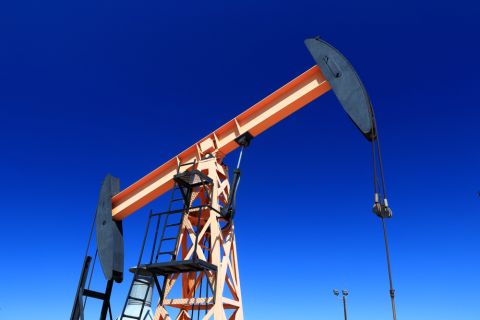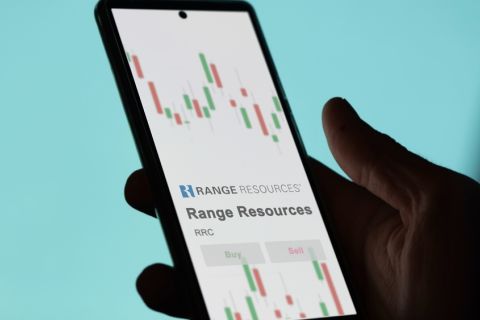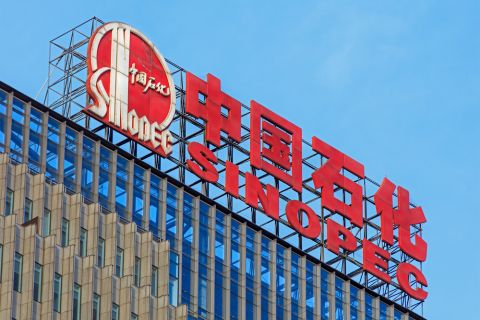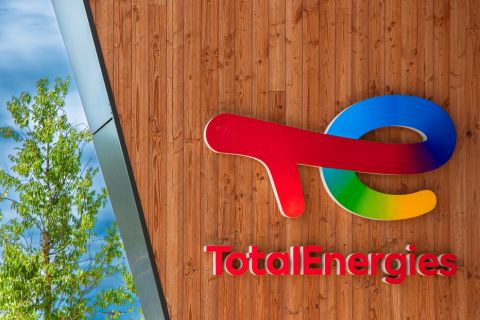Energy executives have renewed their focus on creating returns and earnings. But the quest entails entering new businesses as well as restructuring old ones, three major participants explained during Howard, Weil, Labouisse, Friedrichs Inc.'s annual energy conference recently in New Orleans. The gas and power segment is the fastest growing business for Royal Dutch/Shell in percentage terms. Enron Corp. is well on its way to building franchises in telecommunications, fiber optics and bandwidth. El Paso Energy Corp. may not be far behind. Shell now says that it will achieve a 15% return on capital employed by 2001, according to its vice chairman, Maarten van den Bergh. "In the mid-1990s, we realized that our ROCE was not good enough and something had to be done. The events of 1998 galvanized the restructuring process. Today, there are more direct reporting lines and every project has to compete for capital," he said. The multinational oil company has reduced its payroll, diverted capital from mature areas and sold mature assets on which it also has taken write-offs, van den Bergh disclosed. Shell is considering new partnerships or alliances, such as its U.S. refining and marketing joint ventures with Texaco Inc. and Saudi Aramco. It also is pursuing new businesses. It is an Internet service provider in Europe. It has a new e-procurement site with CommerceOne. With BP Amoco Plc, TotalFina Elf, Dean Witter Morgan Stanley and others, it has just introduced the Intercontinental Exchange, an Internet site for trading over-the-counter energy products. Change is afoot at El Paso Energy as well. After its merger with Coastal Corp. in the third quarter, the Houston hybrid energy company will rank in the top five in every part of the U.S. natural gas value chain. "This company is not only growing rapidly, but we are changing the asset mix and contribution to earnings considerably," said El Paso chairman and president William G. Wise. In mid-2000, he added, he will introduce the company's new strategy for proprietary bandwidth trading and developing a network of fiber optics along its 60,000 miles of pipeline rights of way. "Near-term earnings per share growth of 15% is very achievable, combined with longer-term breakout growth in bandwidth," Wise said. The company expects annual earnings to grow at a rate of 20% to 30% annually from both its merchant power and fuel services groups. Exploration and production earnings growth will be about 12%, and pipeline earnings will grow just 3% to 5% annually. Some 165,000 megawatts of new power generating capacity will be built in the United States, 98% of which will be gas-fired. That will create a need for 27 billion cubic feet per day of additional gas supply. Many of the proposed power plants are near El Paso's pipelines, Wise pointed out. While this is a huge opportunity, he cautioned that excess gas deliverability in the United States and Canada now is the lowest it has been in 20 years. Enron is the leader in gas and electric convergence. From 1990 through 1999, its shareholder return of 704% outpaced the S&P 500's return of 432% and the E&P sector's return of 33%. Its wholesale energy operations will provide 70% of income this year. Its physical volumes now total 32 Bcf per day, for $1.3 billion. The company provides energy supply facilities management and risk management for customers such as Polaroid Corp., Hyatt Hotels, the Giants stadium in East Rutherford, New Jersey, and Lucent Technologies. It manages 16,500 U.S. facilities. Enron has successfully transferred its skills in natural gas trading, marketing and risk management to coal, power and emissions in the United States, Europe and Japan. Bandwidth trading is its next growth area. Enron already has built 12,000 miles of fiber optic lines and has extended them to Europe and Japan. Chairman Ken Lay told the conference that trading on the company's new Internet site, Enron Online, has climbed to 1,500 transactions per day since it was introduced in November. The site handles business between Enron and its partners. It is not designed for third-party trading. Australia and Japan were brought online this month and bandwidth trading will start there later this year, Lay said. He noted that about 35% of Enron's energy transactions are online now. -Leslie Haines
Recommended Reading
Tech Trends: Halliburton’s Carbon Capturing Cement Solution
2024-02-20 - Halliburton’s new CorrosaLock cement solution provides chemical resistance to CO2 and minimizes the impact of cyclic loading on the cement barrier.
To Dawson: EOG, SM Energy, More Aim to Push Midland Heat Map North
2024-02-22 - SM Energy joined Birch Operations, EOG Resources and Callon Petroleum in applying the newest D&C intel to areas north of Midland and Martin counties.
Range Resources Expecting Production Increase in 4Q Production Results
2024-02-08 - Range Resources reports settlement gains from 2020 North Louisiana asset sale.
Sinopec Brings West Sichuan Gas Field Onstream
2024-03-14 - The 100 Bcm sour gas onshore field, West Sichuan Gas Field, is expected to produce 2 Bcm per year.
TotalEnergies Restarts Gas Production at Tyra Hub in Danish North Sea
2024-03-22 - TotalEnergies said the Tyra hub will produce 5.7 MMcm of gas and 22,000 bbl/d of condensate.





